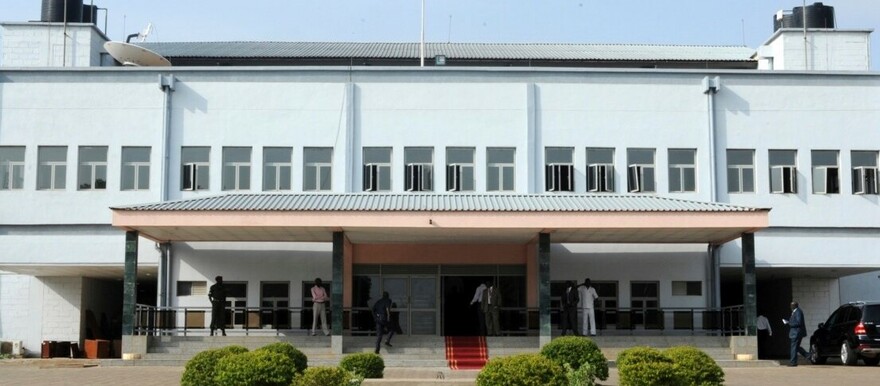South Sudan’s Parliament on Tuesday passed the National Revenue Authority Act 2016 (Amendment) Bill 2023 and subsequently changed the institution’s name from National Revenue Authority (NRA) to South Sudan Revenue Authority (SSRA).
The amendment bill, spanning twenty-nine chapters, equips the institution with the power and mandate to independently collect non-oil revenue.
Jemma Nunu Kumba, the Speaker of the Parliament, explained the rationale behind the name change, saying, “NRA is a constitutional provision that was established through Article 177 of the transitional Constitution. Thus, its name should be associated with the name of the country.” She further added that the change aimed to align South Sudan with the common practices of countries in the East African region.
The South Sudan Revenue Authority Act, amended by the National Constitution Amendment Committee (NCAC), is in accordance with the financial reforms outlined in the peace agreement.
Among other provisions in the amendment bill, the parliament agreed that the institution should allocate 2 to 3 percent of non-oil revenue to areas generating such revenue. Kumba emphasized the need for alignment with both the act and the constitution and highlighted the importance of associating revenue with the country.
Changkouth Bichiock, Chairperson of the Parliamentary Committee for Finance and Planning, emphasized the retention of state revenue authorities to ensure revenue collection at the state level. The committee also ensured the creation of a department within SSRA to monitor state-level collections and implement verification measures.
Addressing the issue of multiple taxation of traders, Bichiock stated, “The issue of a one-stop shop collection point is crucial to address the problem of double taxation. Our people are being taxed by the national, state, and city councils. The SSRA is working to establish a one-stop shop.”
Africano Mande, Commissioner General of the National Revenue Authority, during a parliamentary session in Juba, noted that the bill had been enhanced to meet regional and international standards. As a member of the World Customs Organization (WCO) and the East African region, compliance with various regulations and expectations is essential.
Collection of Non-Oil Revenue
Commissioner General Mande projected that the South Sudan Revenue Authority (SSRA) was likely to collect $190 billion in non-oil revenue for the fiscal year 2023-2024, exceeding the government’s target of $145 billion. Mande highlighted the body’s impressive performance, having collected $191 billion in the previous fiscal year, surpassing a target of $117 billion.
Mande also announced plans to create a department for revenue accounting verification and reconciliation. This body would be responsible for verifying and reconciling collected revenues, addressing discrepancies and improving transparency in the collection process. Mande expressed the need for such measures due to doubts and inconsistencies in revenue reporting.




